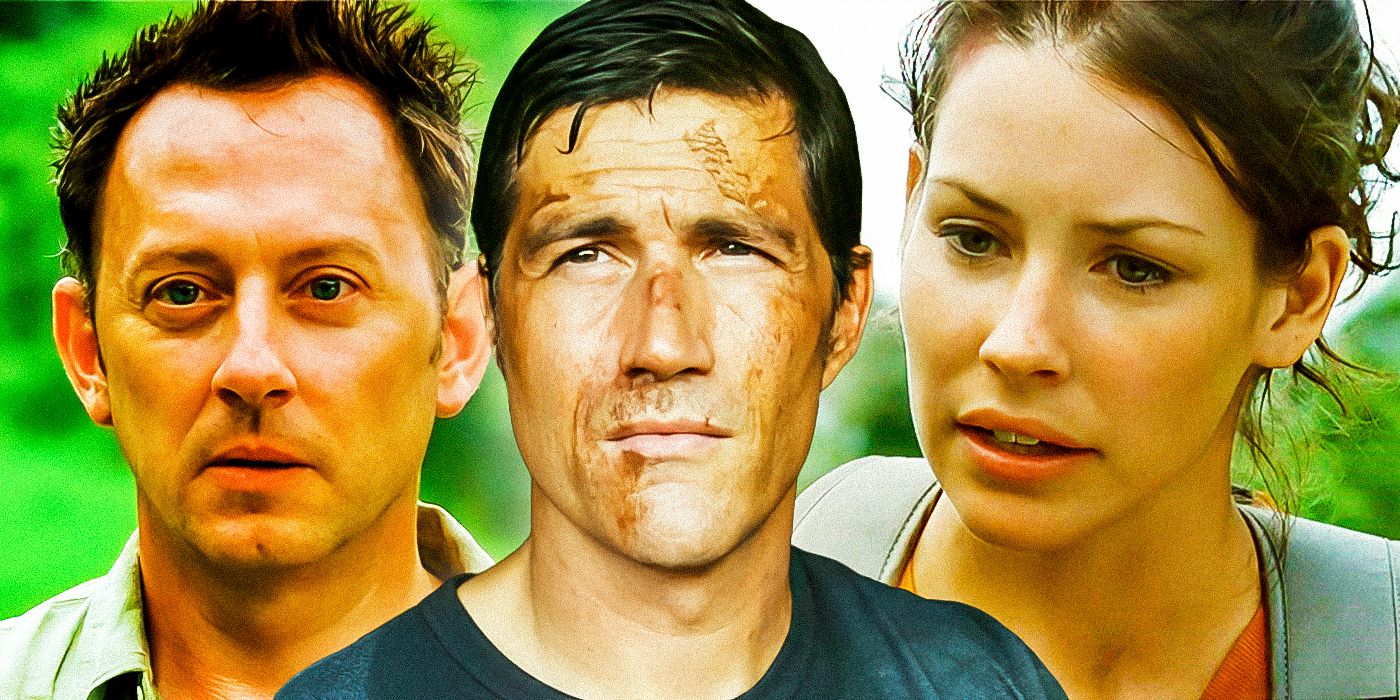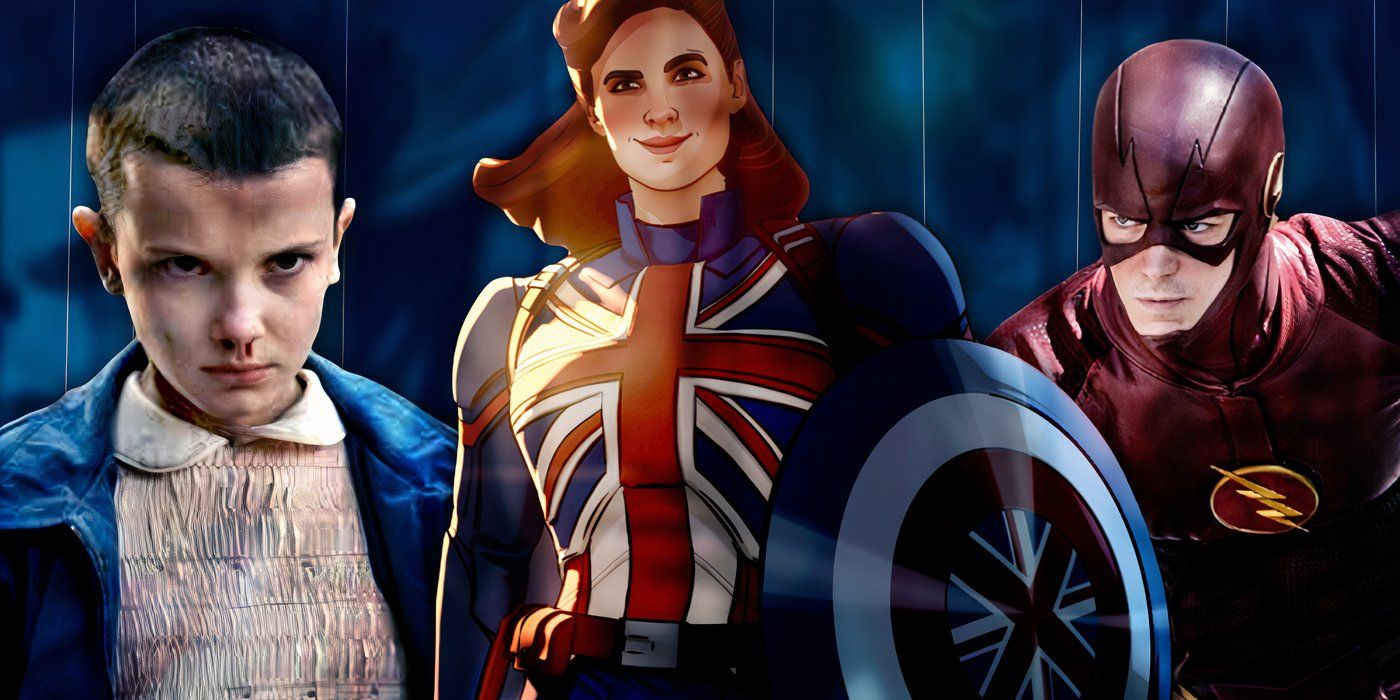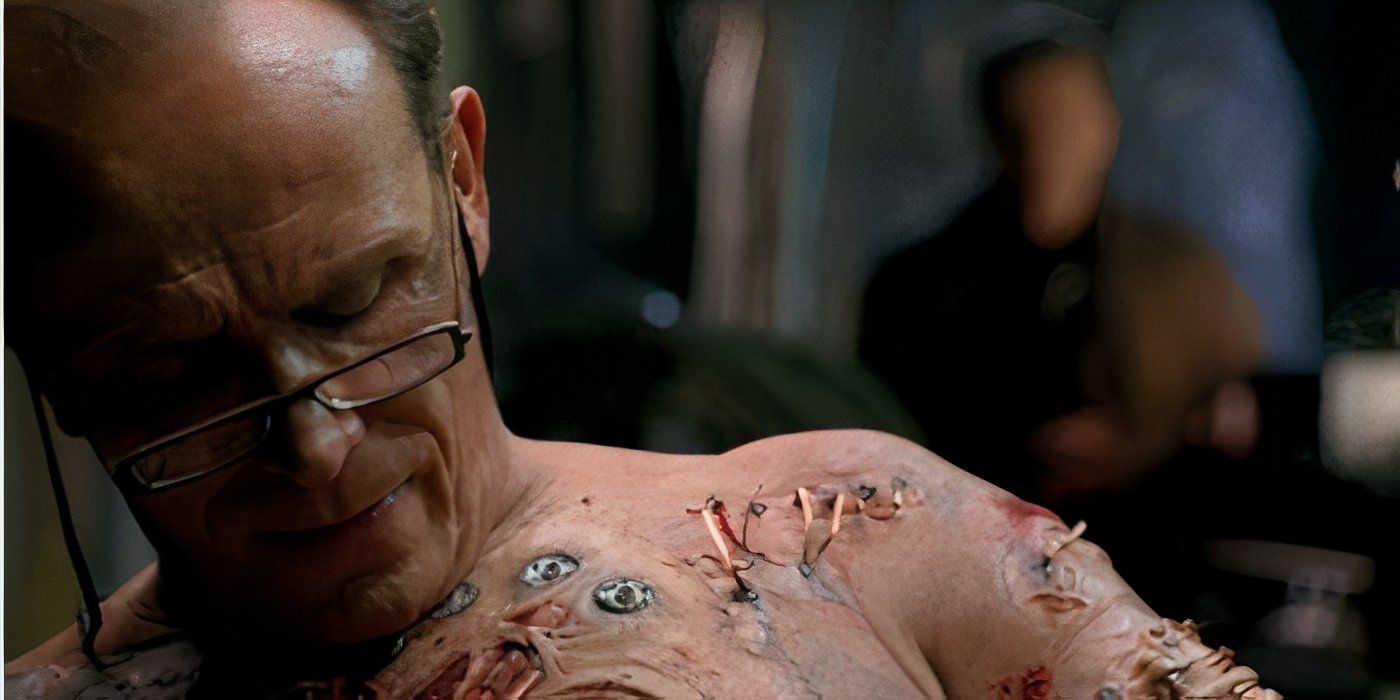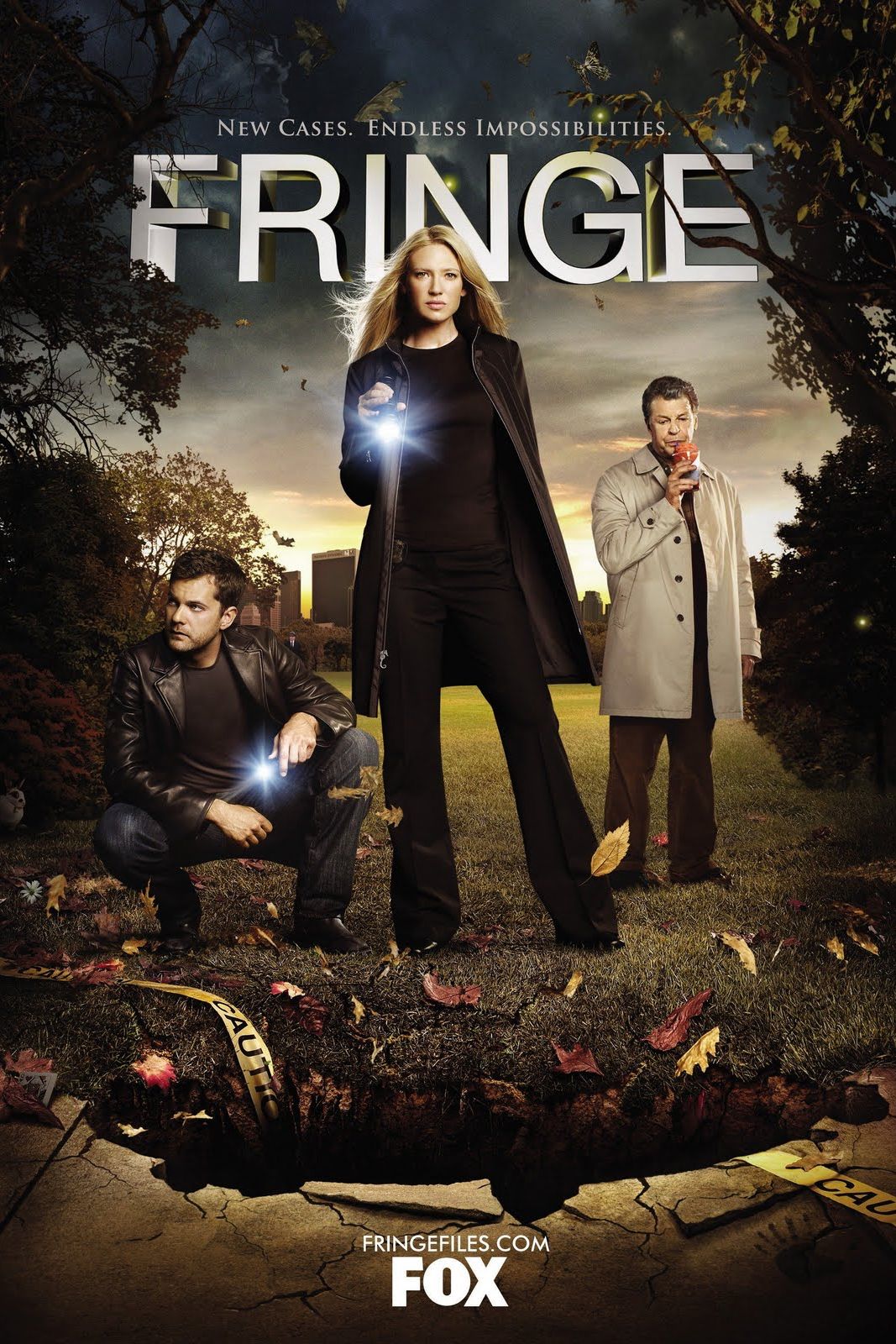Within the expansive world of science fiction television, there has seldom been a series as compelling and controversial as Lost, which likely inspired Fringe. With convoluted plot threads and mysteries galore, Lost mesmerized audiences throughout its six-season run. When Lost finally ended, there was a need for something just as engaging. This is when Fringe not only stepped in to fill this void but also improved upon Lost with a unique brand of brilliant sci-fi.
Lost offers more overarching, mind-bending mysteries, but Fringe‘s cast and characters give rise to potent character development and complex relationships, namely between Olivia Dunham (Anna Torv), Peter Bishop (Joshua Jackson), and Walter Bishop (John Noble). Furthermore, while Lost dragged out its mysteries over many seasons, Fringe provided more regular payoffs. Finally, both shows tackled significant themes, such as the ethical implications of science in Fringe and the struggles of survival in Lost, allowing them both to have a lasting cultural impact.
Fringe Was Full Of Mysteries And Mind-Bending Sci-Fi Twists
Every Episode Of Fringe Is A Different Puzzle
Fringe might not have as many long-running mysteries as Lost, but its mysteries are just as intriguing. Fringe manages to blend episodical problems with more significant, running storylines, keeping viewers on their toes. The narrative tackles parallel universes, advanced technologies, and the morality of scientific experimentation. All this happens alongside intermingling character arcs, making the stakes personal. This character turmoil makes Fringe emotionally deep, and every revelation is genuinely satisfying.

Related
20 Main Lost TV Show Characters Ranked Worst To Best
Lost’s diverse ensemble cast features numerous captivating characters, some beloved by fans while others are less favored.
The best and wildest mysteries of Fringe are each akin to jumping into a chapter of a thrilling novel, filled with new dilemmas the characters have to figure out. Like Lost, Fringe employs the “mystery box” form of storytelling, although it usually resolves those mysteries far quicker, creating the satisfaction of smaller payoffs throughout without allowing the larger story to slip away from them. Admittedly, Lost did a great job of creating mysteries. However, Fringe’s smaller-scale approach permitted it to display a level of closure that Lost blatantly missed.
Fringe Leaned More Heavily Into Sci-Fi Than Lost Ever Did
Unlike Fringe, Lost Is Sometimes More Supernatural Than Sci-Fi
Some of Lost‘s bizarre mysteries are still unsolved, blurring the line between supernatural and scientific. Meanwhile, Fringe dives straight into classic sci-fi. Based on scientific theories instead of supernatural elements, Fringe pulls the concept of fringe science (speculative sciences lacking scientific support, often proposed by non-experts) to the forefront. Delving into these ideas, Fringe reconsiders life’s realities and what realistically can be done on planet Earth. The show asks profound questions and, unlike its contemporary Lost, takes the time to follow up on such ideas.
Fringe
pulls the concept of fringe science (speculative sciences lacking scientific support, often proposed by non-experts) to the forefront.
A prime example of Fringe‘s take on sci-fi is in season 2, episode 18, “White Tulip”, one of Fringe’s best episodes. This episode follows scientist Allister Peck (Peter Waller), who transforms his body into a time machine, while the subplot has the main character Walter explaining a shocking truth to his son. By embracing sci-fi, Fringe launches into a myriad of moral and ethical dilemmas while navigating what it truly means to be human in a world of endless possibilities. Whereas Lost at times resides in the overtly supernatural, Fringe anchors its storytelling with a scientific backbone, making for a more grounded tale.
Fringe Was The Perfect Lost Companion And Replacement
Fringe Premiered Two Years Before Lost Ended
Debuting while Lost was still on the air, Fringe came at the perfect time. It works both as a complementary piece and a perfect follow-up to Lost, offering new twists on old themes. Where Lost leaves most of its questions open to interpretation and speculation, explaining them with vague supernatural arguments, Fringe takes another path. Lost has time travel elements, but they are explained away by the powers of the mysterious island. Contrarily, Fringe utilizes science to back its bizarre plot, making it far more effective in delivering on its mystery elements.

Related
This 5-Season Show From 16 Years Ago Predicted Pretty Much Every Modern Sci-Fi TV Trope
Fringe was a sci-fi TV show that pioneered sci-fi tropes, as it delved into concepts of multiverse and time travel long before modern shows did.
While Fringe still left behind many questions, it was a new take on the Lost formula. Because the enigmatic and the unknown are still major motifs, Fringe is an intellectually gratifying television show that sets itself apart while answering to the same tastes as Lost. It is a complementary piece that took all the best elements of Lost yet still differentiated itself with its alternative approach and sci-fi prowess. After Lost, Fringe is just what the world needed, and the subsequent show proved itself to be a masterclass in narrative-driven, mystery-based storytelling.

